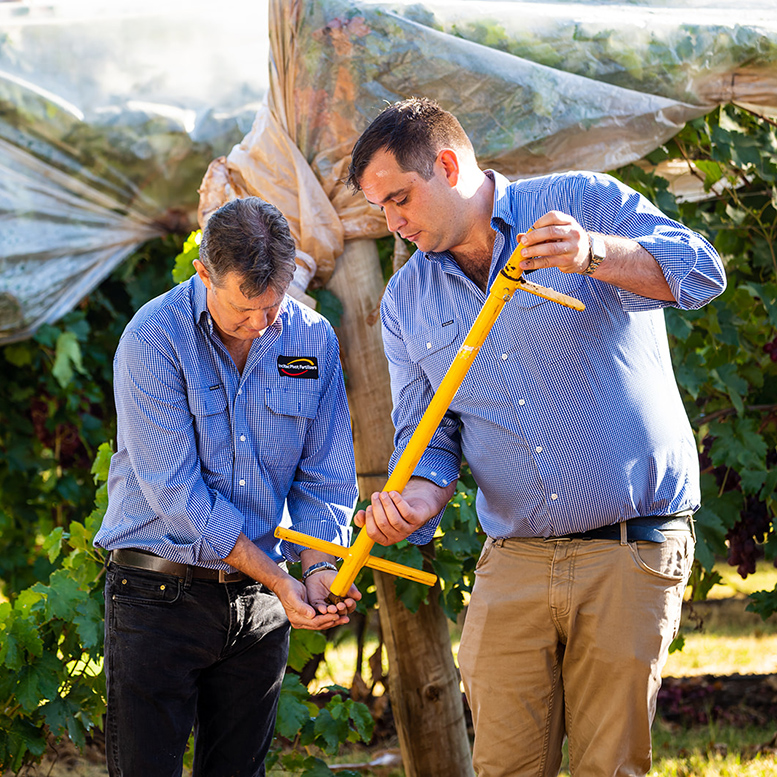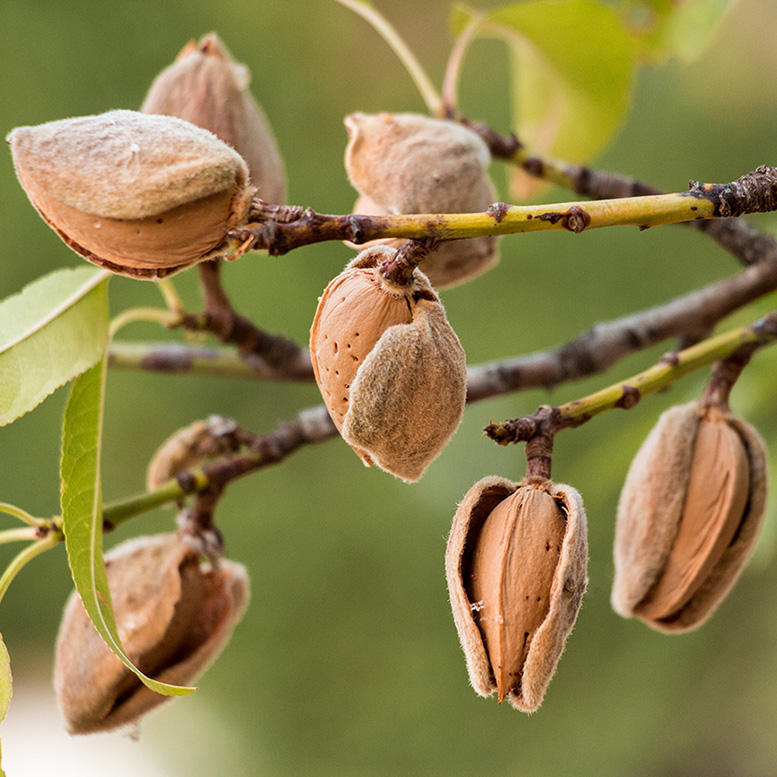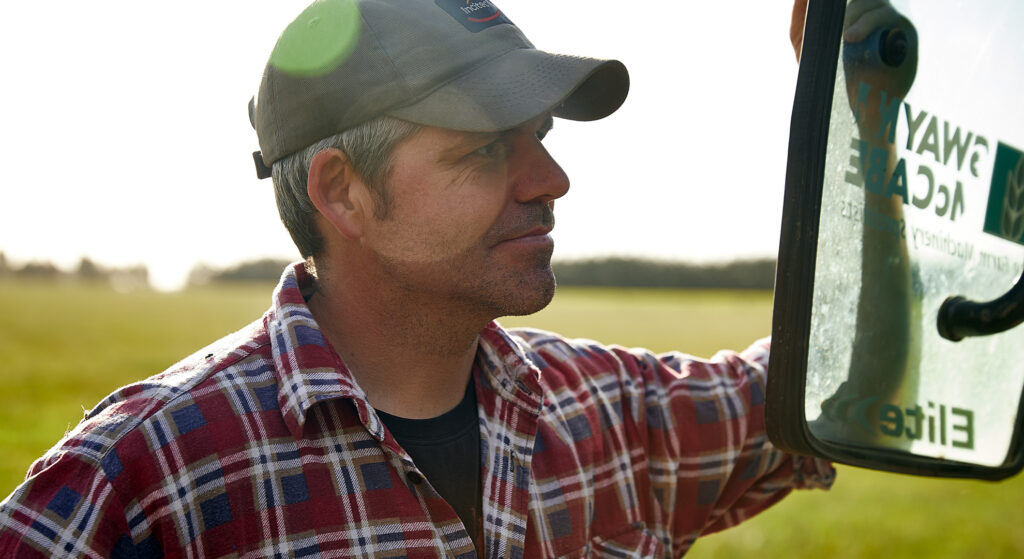Agronomic Insights
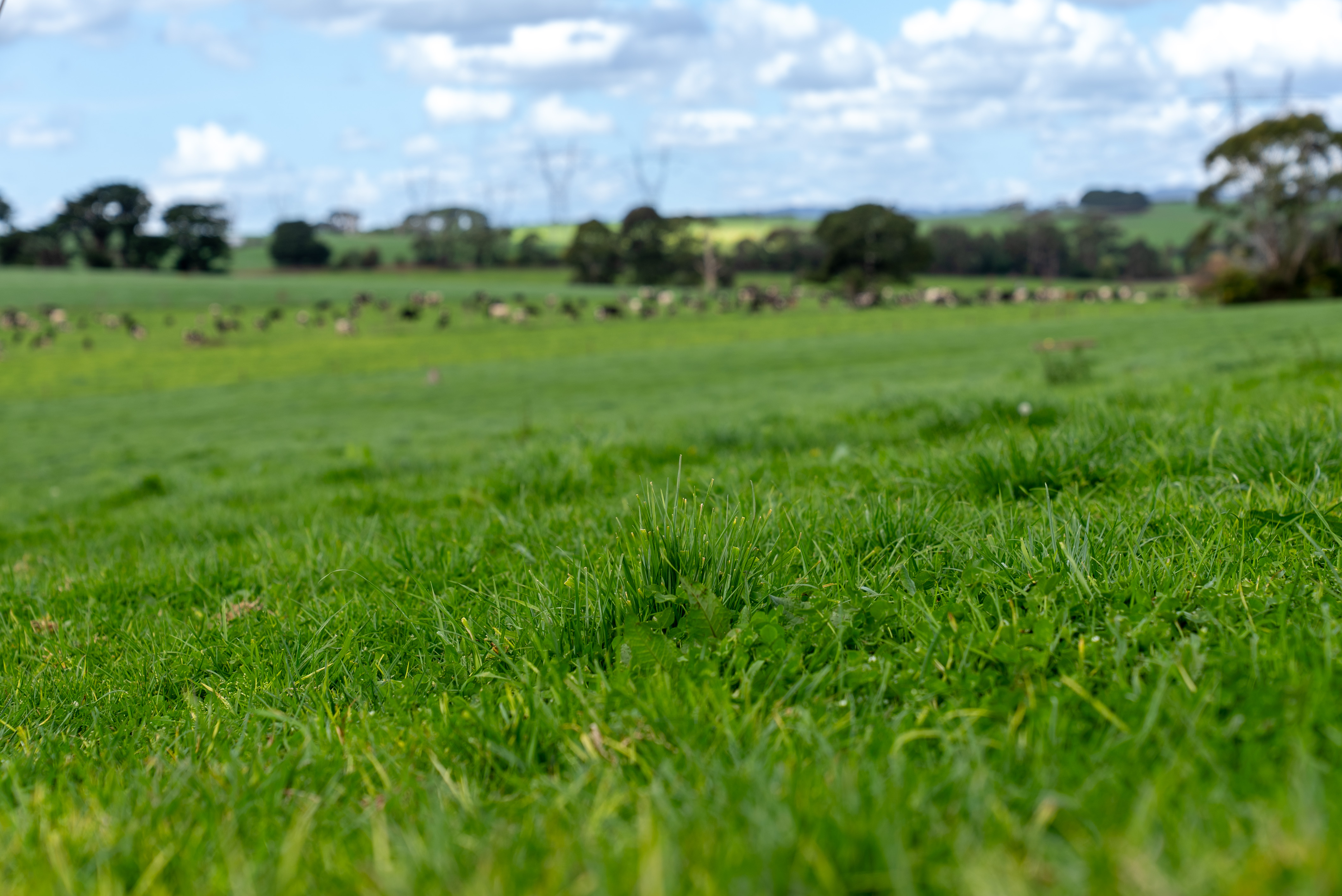
IPF Technical Agronomist – Lee Menhenett
As the 2024 growing season progresses, optimising plant nutrition in pastures will become more important. One often underused tool is leaf tissue testing, particularly in forage crops like clover, where specific micronutrients like boron play a crucial role in plant health and productivity.
The importance of boron
Boron is a critical micronutrient, essential for a range of plant functions including cell growth, seed set, and root nodulation. When adequately supplied it can increase seed yield. This is important as annual species such as sub clover rely on large numbers of viable seed to replenish the seed bank, maintaining healthy, productive pastures. However, boron’s mobility in the soil makes it challenging to identify deficiencies and manage. Different pasture species also have varying root structures, affecting their ability to access boron from the soil.
Leaf tissue testing: A key diagnostic tool
Leaf tissue testing offers a reliable method to assess boron levels, providing a clear picture of the plant’s nutritional status. Unlike soil tests, which measure nutrient availability, tissue tests reveal how effectively the plant is taking up and utilising those nutrients. This is particularly important for boron, as soil tests alone may not accurately predict plant uptake. Figure 1 shows results from temperate pasture tissue samples received by Nutrient Advantage Laboratory between 2019 and 2024. This data highlights the prevalence of boron deficiencies in clover, with 53% of white clover samples testing below optimal levels. This significant deficiency rate suggests that many pastures may not be achieving their full productive potential due to inadequate boron levels. It also shows that only 21% of lucerne samples tested below optimal levels for boron, indicating that lucerne is generally more efficient at accessing or utilising boron from the soil, compared to clover.
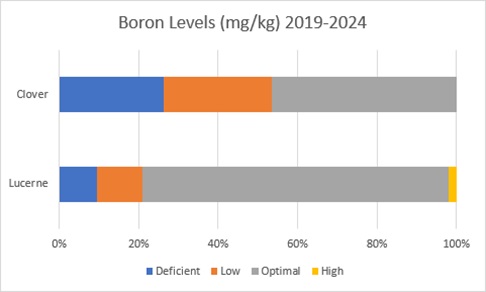
Correcting boron deficiencies
Addressing boron deficiencies identified through tissue testing can lead to substantial improvements in clover health and productivity.
For personalised advice on boron management and leaf tissue testing, contact your local IPF agronomist.
Regular testing and targeted nutrient applications are essential steps toward ensuring the long-term health and productivity of your clover pastures.
This article is the first in a series of Agronomic Insights focussed on leaf tissue testing and trace element management. Stay tuned for more expert guidance on optimising your pasture health and productivity.
Further information
For further information, please feel free to contact me – lee.menhenett@incitecpivot.com.au or 0412 565 176.
DISCLAIMER
This is a guide only, which we hope you find useful as a general tool. While IPF has taken all reasonable care in the preparation of this guide, it should not be relied on as a substitute for tailored professional advice and IPF accepts no liability in connection with this guide. Incitec Pivot Fertilisers manufactures and sources fertilisers from other suppliers. The fertiliser supply chain extends beyond the company’s direct control, both overseas and within Australia. Incitec Pivot Fertilisers hereby expressly disclaims liability to any person, property or thing in respect of any of the consequences of anything done or omitted to be done by any person in reliance, whether wholly or in part, upon the whole or any part of the contents of this article.


